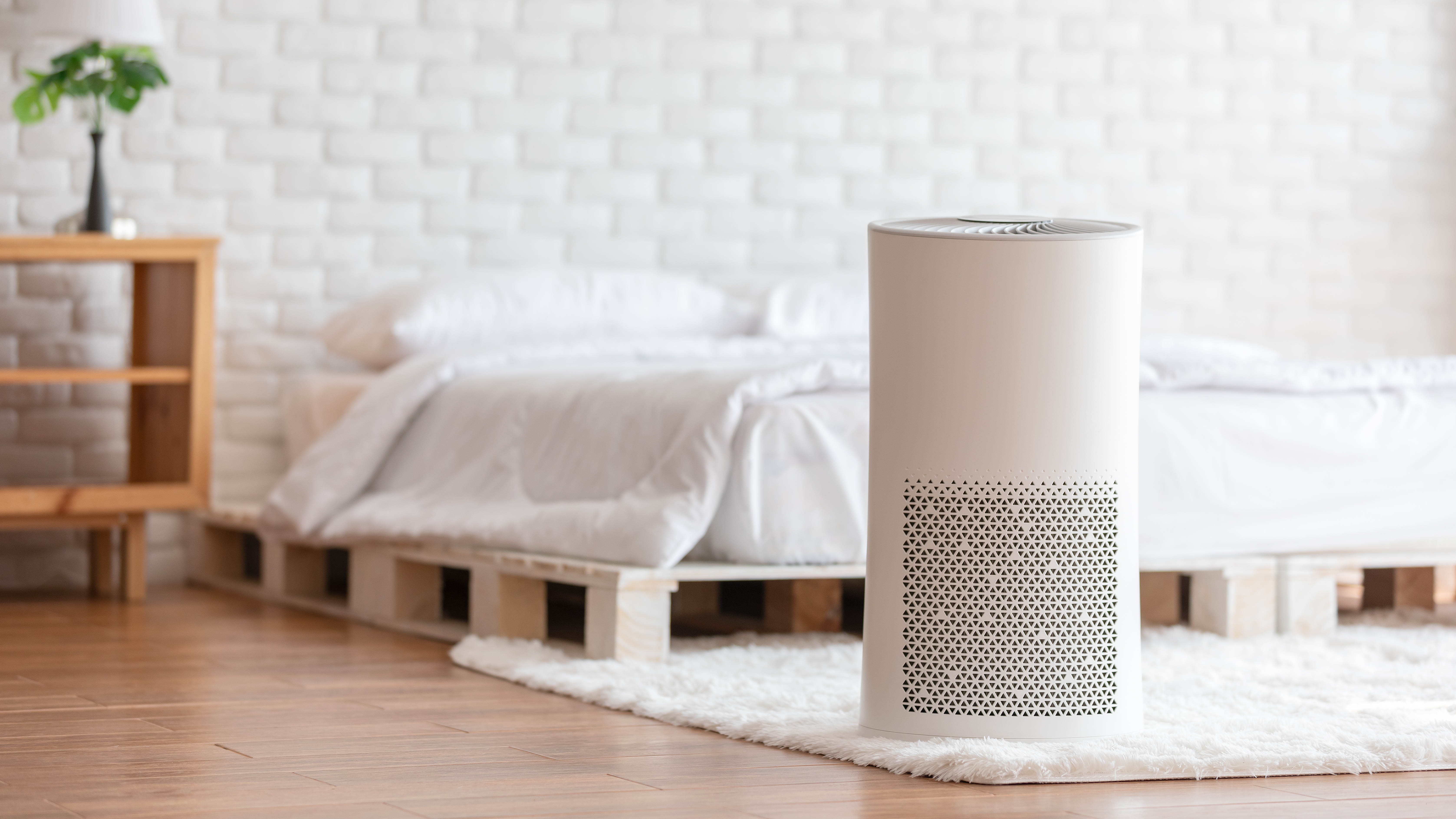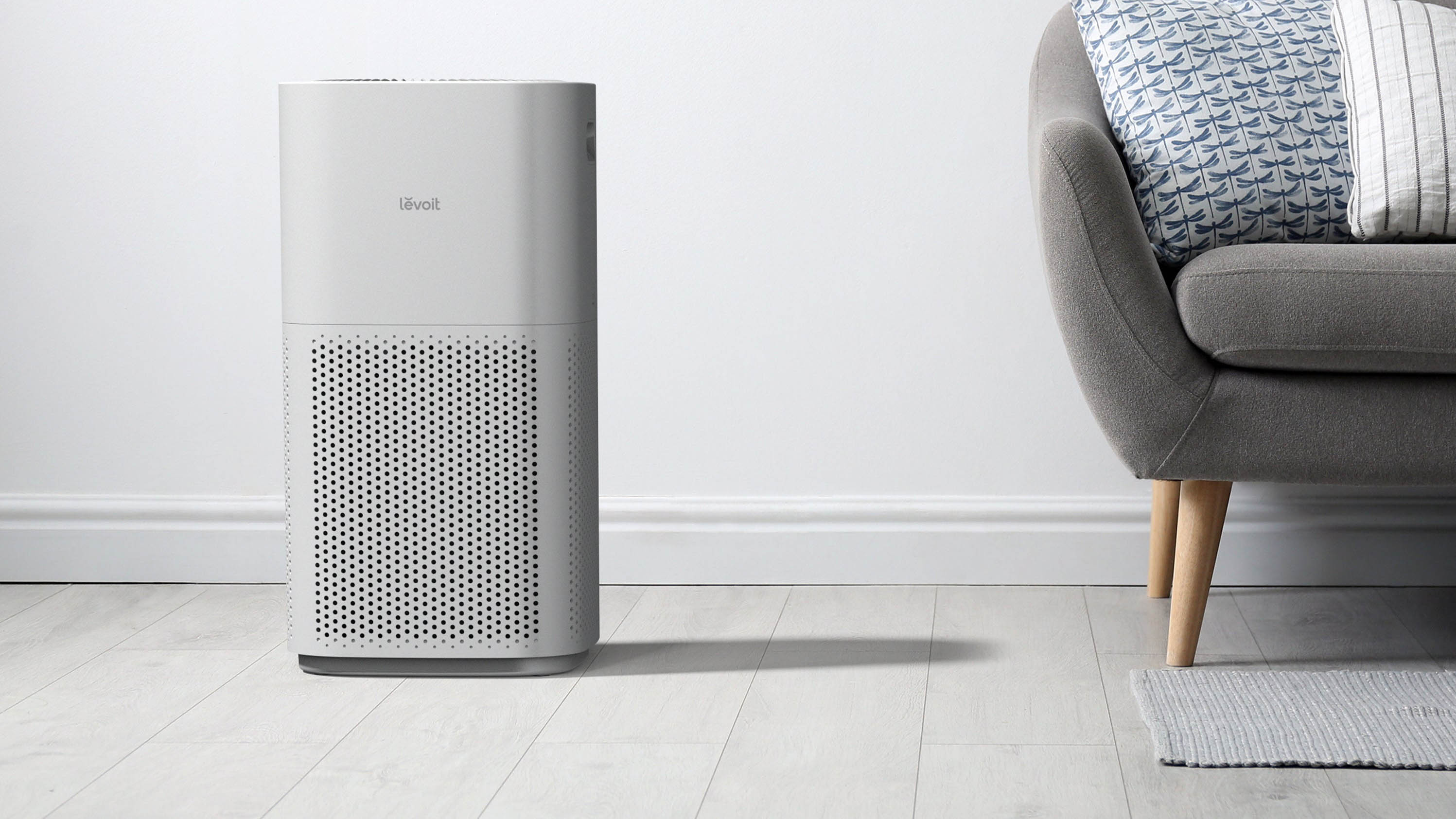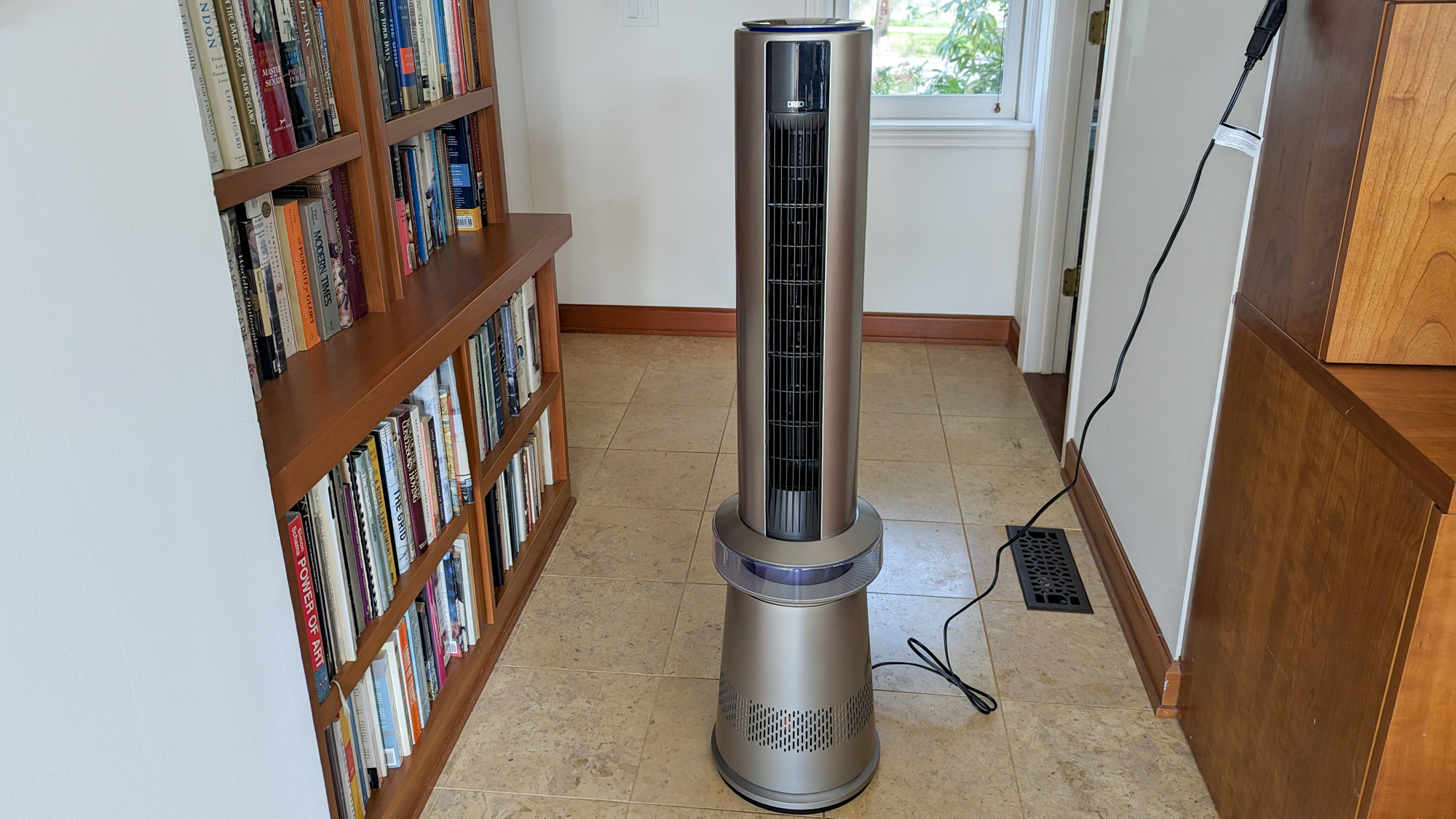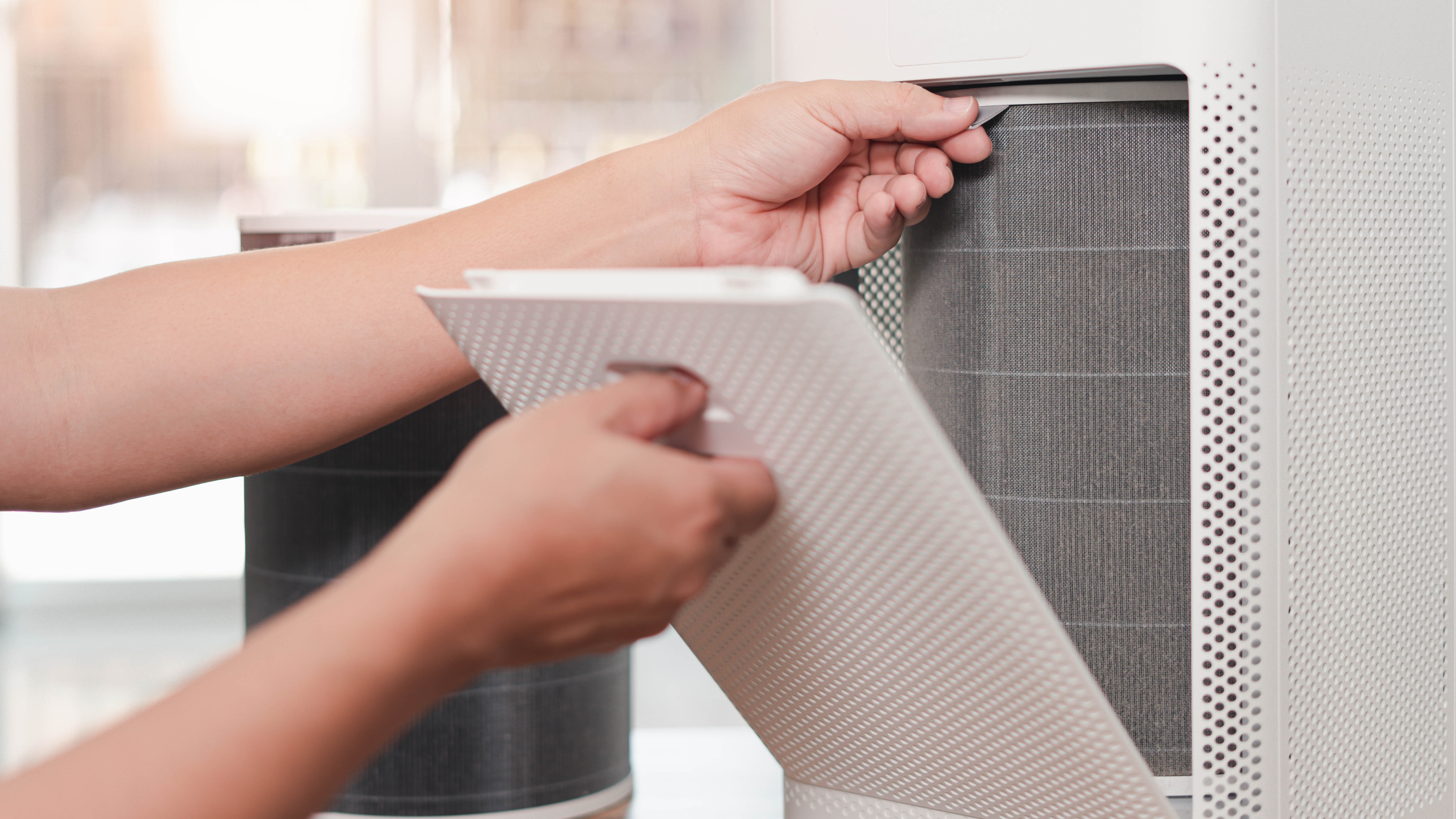
Whether you want to improve the quality of your indoor air, have pets or suffer from dust allergies, there are many reasons you might need an air purifier. These handy appliances will work hard to filter bacteria, pollen, and other pollutants in the air, as well as deodorizing the air.
However, even if you invest in one of the best air purifiers , its output can suffer if not used correctly. In fact, there are some common air purifier mistakes you’re probably making — that can affect its performance and air quality. From buying the incorrect size for your space to having dirty filters, these can also lead to further health issues and discomfort.
So if you want to get the most out of your appliance, just avoid these 3 common mistakes you might be making with your air purifier.
1. Not considering room size before buying

Matching your air purifier to your room square footage and type is essential for it to work at its best. And just because an air purifier might look more aesthetically pleasing (or was a bargain in the sales!), doesn’t mean it’s right for your space.
If your air purifier is too small for your room size, it might struggle to clean the air properly. While if too large, it could be powerful for a smaller space, consuming a lot of energy and louder than necessary.
First, measure up the size of the room to find out its square footage and cubic volume. To calculate square footage, use the formula Length x Width= Square Feet (or ft²). And for the cubic volume its Length x Width x Height = Cubic Feet (or ft³). Once you have measurements, make sure the specs of your air purifier is suitable.
2. Putting it in the wrong place

Another common mistake we often make with an air purifier is placing it in the wrong place. And if you tend to put it in a corner of the room — out of the way, experts say this is a no-no.
It’s recommended that the center of the room is the best place to put an air purifier. However, some experts state this will also depend on the shape of it. “Generally speaking, an air purifier in a room should be centrally located but not close to walls, furniture, or even curtains,” says Shu Saito, Air Filtration Specialist at All Filters LLC.
“The reason it should be placed in the middle of the room or open space is so that the air purifier gets to reach the air directly. When it is positioned against a wall or corner, this may bring blockages to airflow and impede its ability to take hold of particles flowing in the air.”
Another consideration when placing an air purifier, is to make sure there are no obstructions that can block circulation. Things like furniture within a few feet of the air purifier, so that it can draw in air from across the room more effectively. Also avoid placing it near heating vents or air returns as those will also expel or draw in air and create circulation
3. Forgetting to clean/replace the filter

Like all household appliances, maintenance is also essential to get more out of your air purifier.
You should always clean or replace clogged filters. If left unchecked, these airborne particles will build to such an extent that your air purifier will eventually struggle to pass the air through, effectively reducing its CADR and overall performance.
“Make sure to look at and replace filters as instructed so that performance is consistent,” adds Saito “Clogged or dirty filters lessen the efficiency of an air purifier. Also, ensure the air purifier is of the right size for the room you use it in. Some of these purifiers are designed for smaller rooms, and when used in larger spaces, the filtration may be incomplete. Also, avoid placing it near windows or doors where any drafts will interfere with the working of the purifier.”
What’s more, some air purifiers feature sensors to tell you when to replace your filter. This can range from indicator lights to smartphone notifications if your machine comes with app connectivity







